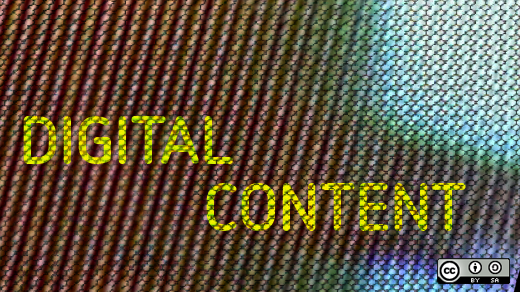It’s one of the most iconic images in comic book history: Superman bursting free of oversized, heavy steel chains. For more than 70 years, the Man of Steel has been tearing those flimsy and ineffective chains asunder.
And on July 2, Image Comics’ publisher Eric Stephenson helped comic fans everywhere feel a bit more like Superman.
Speaking at Image’s annual Image Expo event, Stephenson declared that—effectively immediately—all digital comics sold through the company’s revamped website would be free of digital rights management (DRM) technology. This decision makes Image the first major comic book publisher to sell its digital content without the chains that have frustrated many readers for years.
To date, most publishers have opted to sell comics through ComiXology, the mobile comic reading application that has (for better or for worse) become something of an industry standard. But comics purchased through the ComiXology app are accessible only through that app, so readers who buy them are actually paying for the mere right to view those comics—not own them. Comics from ComiXology can’t be moved, permanently downloaded, backed up, or read on a device other than those sanctioned by ComiXology. And when ComiXology’s servers crash—like they did in March, when readers swamped the service to nab free content from Marvel—its comics become inaccessible.
Comic book publishers tend to view the ComiXology model as a way to combat piracy. In 2011, when DC Comics rebooted every one of its flagship titles (including Superman), it partnered with ComiXology to begin offering same-day publication of digital comics alongside print ones. Pirates leaked one of the new issues online before the print edition even hit newsstands.
Stephenson is taking a different approach. In a recent interview with Wired, he flatly stated that the antidote to comic book piracy was not stronger restraints, but better comics:
"My stance on piracy is that piracy is bad for bad entertainment. There's a pretty strong correlation with things that suck not being greatly pirated, while things that are successful have a higher piracy rate. If you put out a good comic book—even if somebody does download it illegally—if they enjoy it, then the likelihood of them purchasing the book is pretty high. Obviously we don't want everybody giving a copy to a hundred friends, but this argument has been around since home taping was supposedly killing music back in the '70s, and that didn't happen. And I don't think it's happening now."
Equally refreshing were comments from Image's Director of Business Development, Ron Richards.
"There's something to be said for the ownership factor," Richards said. "If readers purchase a book on ComiXology, that may be their library but from what I understand that could be revoked. And God forbid, if ComiXology goes under or their data center has an earthquake all their hard drives go away—then you've got nothing."
Images' digital comics store launched alongside the company's refreshed website, but not all the company's titles are available digitally—yet (The Walking Dead is ready for download without DRM, for example, while Saga isn't). Richards says that Image's entire catalog will eventually be available online—no chains attached.







7 Comments